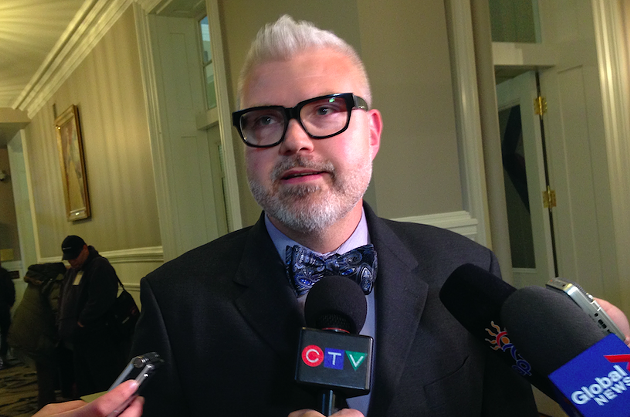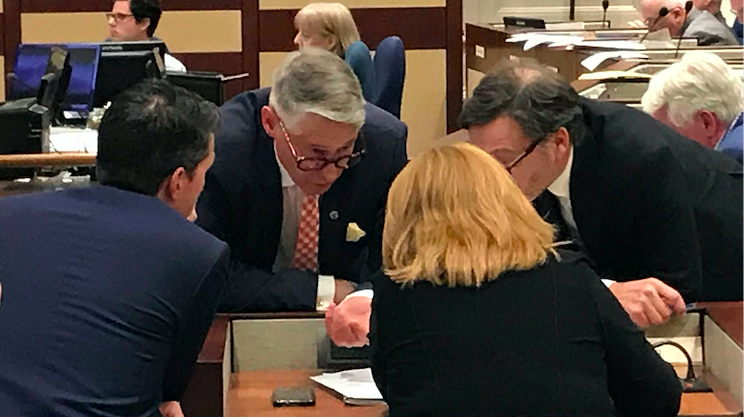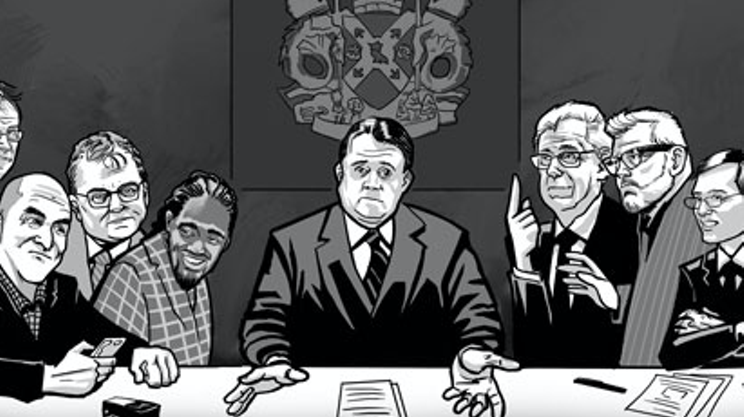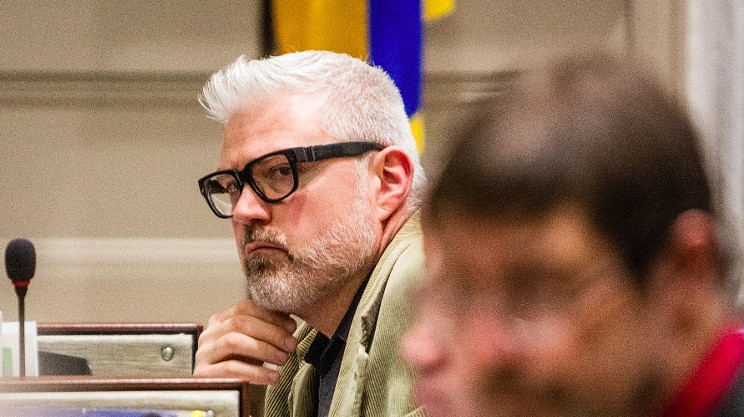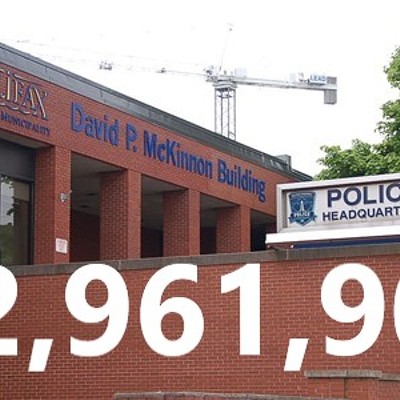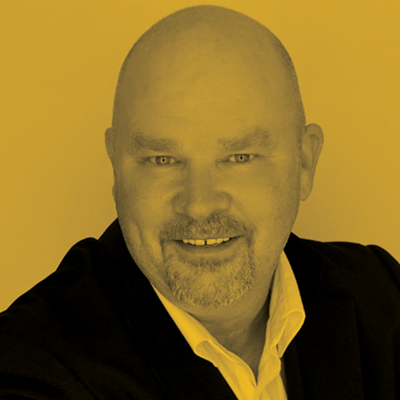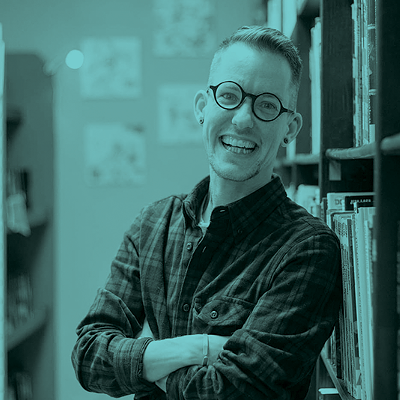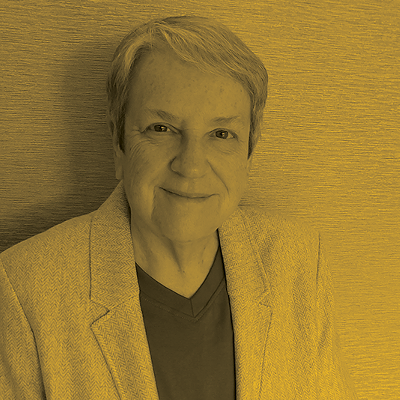District 9 councillor Shawn Cleary went on one of his ill-advised Twitter rants this past week. What set him off this time was an opinion piece by Stephen Kimber published in Tim Bousquet’s Halifax Examiner. (Disclosure: I have written for the Examiner and I am enrolled in a King’s MFA program in which Kimber teaches.) Kimber was critical of the councillor’s support for the controversial Willow Tree development. He painted Cleary as developer-friendly, but also as someone who has refused money from developers and who favours a municipal lobbyist registry.
“Cleary is clearly a complicated, sometimes contradictory fellow. Like the rest of us,” Kimber said.

Following the principle that once you’ve said something dumb, you should proceed to say something dumber, Cleary—who has an MBA along with a BA in financial and economic studies—then explained journalism to Bousquet, an award-winning journalist: “Journalists do journalism. Non-journalists do ‘citizen journalism,’ blogs, opinions, et cetera. There are skills of balance, ethics, standards one learns in j-school.”
Insisting that reporters go to journalism school (or have any other kind of formal credentials) is elitist, dangerous and counter-productive. Journalism remains a profession in which it is still possible to make a living without going tens of thousands of dollars into debt. If you can write decently, have a talent for finding good stories and are willing to constantly upgrade your skills, you can do well. Of course, you’re going to need to understand journalistic ethics and standards, but those don’t require a degree.
Like politics, journalism is strengthened by welcoming people from varied backgrounds and a range of life experiences. Carol Off earned a BA and tried to start a career in fiction before falling into journalism. Peter Mansbridge never finished high school. Francine Pelletier has an MA in comparative literature.
Are there problems in journalism? Of course. Is fake news an issue? Sure. Today I saw a fake report saying that under new legislation insulting Islam in the UK can land you a six-year prison sentence. Last year at Peggy’s Cove I met a tourist from Quebec who believed a fake report about police cars replacing French with Arabic. Would ensuring journalists had to get a j-school education do anything about cracking down on this garbage? Of course not. The young Macedonian guys pumping out stories through dozens of faux journalism sites aren’t suddenly going to pack it in.
Who wins when you create requirements for being a journalist? Authoritarian regimes and politicians with something to hide. They get to exclude anyone who asks uncomfortable questions. Last year Justin Brake (now a reporter with APTN) and Amy Goodman (celebrated host of the Democracy Now radio show for more than 20 years) were both arrested for trespassing while reporting on stories.
In the follow-up to Cleary’s rant, some compared him to Trump, which I don’t think is fair. But we do live next door to a country in which the president has repeatedly called journalists enemies of the people. Hectoring the publisher of a site who ran a piece about you that you didn’t like doesn’t contribute to improving the climate. Would an education requirement for journalists mitigate the fake news problem by ensuring minimal educational standards? Let’s just say I can’t imagine people who now consider journalists enemies will suddenly embrace them if they all have approved university degrees.
Cleary didn’t point to any actual errors in Kimber’s story. Politicians are always going to take issue with the work of journalists. They may complain stories are unfair, but then fail to point to any actual, you know, inaccuracies. And, like other human beings, journalists will make mistakes and should apologize and correct them. You don’t need a degree to know that.

